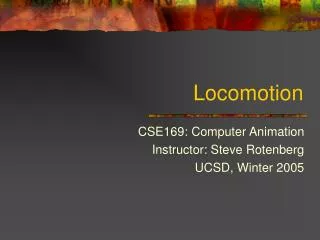Gait frequency - PowerPoint PPT Presentation
View Gait frequency PowerPoint (PPT) presentations online in SlideServe. SlideServe has a very huge collection of Gait frequency PowerPoint presentations. You can view or download Gait frequency presentations for your school assignment or business presentation. Browse for the presentations on every topic that you want.

